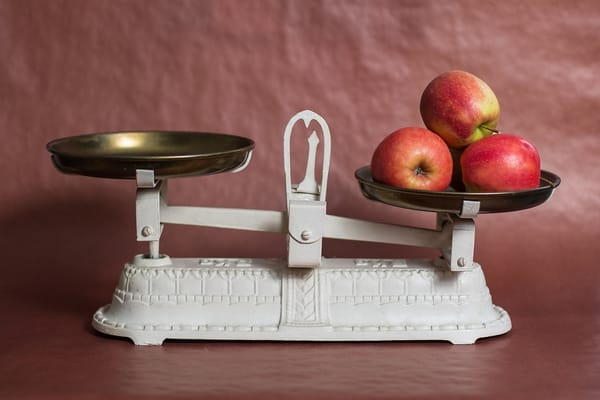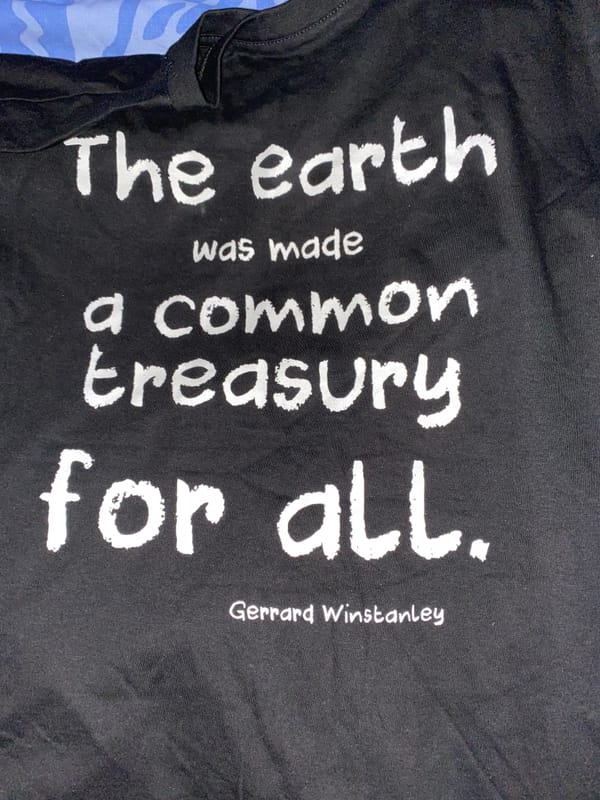Shorting Britain
What is shorting?
First, let’s talk about what shorting is in this context.
- In the financial world you can invest in shares and, all things being well, their value will go up.
- If you want to, you can also bet against people buying the shares that their value will go down. The exact mechanism for this isn’t worth explaining here.
This also applies to currencies, which are far more volatile.
All the trading in the City is in essence gambling for rich people. It also suffers from them really hating to take any risks. This is where we get the ridiculous notion that failing banks should be bailed out using our taxes from. The people with the power take stupid risks, and then, if they don’t pay off, we bail them out.
All of the stuff you hear about how complex this all is is rubbish. It’s gambling, sometimes disguised by poorly-understood mathematical models, but it’s gambling.
The problem is the risk is all pushed out onto people who can least afford it. The people who make the markets can also set things up so they bet against people like us in the form of our pension funds. We are just money making cattle to them.
This nonsense also applies to the market for things like simple commodities, power and oil, but that’s a discussion for another day.
So how does this relate to the Brexit vote?
Before the narrow vote most people thought that the UK was going to vote to stay in the EU, and the valuation of the pound and British stocks and shares reflected that belief.
If you had known that the value of the pound was going to fall 20%, which would instantly mean that British companies’ stocks quoted in pounds were suddenly 20% cheaper if you were using dollars or euros to buy them, and also that you could take positions in the currency markets betting that it would fall, you would have then been able to make a very large amount of money.
This is why Nigel Farage was seen almost dancing after the vote results were announced and the pound fell dramatically, some say this is why he was talking down the chances of Leave winning right up until the last moment too. His friends all made a lot of cash. It also explains why Boris Johnson and a lot of other prominent Leave campaigners received nice fat donations. See here, also.
The way the gambling works is that it doesn’t necessarily have to be a big drop like this that makes them the money. They can also take positions that take advantage of uncertainty, where prices move around a lot, are volatile. Despite all the delusional nonsense spouted about markets they are, in fact driven by what people think and feel. A stock may fall if the CEO of a company does or says something that worries shareholders. The actual value of the company in terms of what it does or owns won’t change, but the sentiments of the market can change the value of the stock. The stocks in the well-regarded companies across a whole country could fall if a politician were to make a decision that would damage that country’s economy.
Similarly, in the currency markets, imagine how much money you could make if you knew that a key politician was about to announce some new madness that would make the market rise or fall before they actually spoke. Of course, this would be corrupt, would be insider trading. It would also be extremely difficult to prove.
But still, when you see various MPs yelling and acting out. Don’t forget that they have friends who can make money out of the uncertainty, as long as they know in advance that there will be surprise resignations and speeches hinting at things that might affect how the UK economy is perceived.
Disaster capitalists
The capitalist class has always made money out of wars and misery, this is nothing new. Wars tend to help them make profits across the whole economy because there is little competition over prices or quality during wartime.
Instead, let us take the example of what happened in New Orleans after hurricane Katrina as described by Naomi Klein in her book The Shock Doctrine. People were reeling and confused after the floods and the carpetbaggers ran in and changed how things like education were funded, giving parents vouchers that were worth less than their kids previously had allocated for their education and making previously publicly owned and controlled facilities private and unaccountable.
Prime bits of land that happened to have social housing on them suddenly had to be cleared and the housing wasn’t replaced leaving them free to be developed. Similar things happened after the 2004 tsunami in East Asia. Land that people had owned and fished from for generations was suddenly fenced off and hotels built.
Disaster capitalists take natural disaster, states of confusion or crisis and use them to sneak in broad changes that the people hit by the crisis wouldn’t want while their minds are on other things like simple survivial. These opportunists, or their friends, will make money from these changes and leave everybody else with services that are usually more expensive, much harder to access and poorer quality. Or in the case of people in Indonesia, leave them with nothing.
If you look at things like the NHS in Britain, where there has been a deliberate running down of funding to create an artificial crisis you can see that there are many ways to create them. It doesn’t have to be some kind of natural disaster, it can be anything they dream up.
There’s also a false story told. We must privatise because privately owned companies are so much more efficient, they can make profits and provide better services. This has been proved time and again to be a lie. Demonisng the publicly controlled for laziness may have been true once, but it hasn’t been so for thirty years. Usually the funding is cut and the private companies come in. In fact it’s a very clever way of hiding the cuts behind some kind of restructuring so nobody realises there’s far less money in the system than there was. There is no chance for this story to be true. Even if the private companies were capable of doing better the resources won’t be there anyway. The ability of companies that have never run serious health services to do a better job as if by magic is beyond doubtful, anyway.
Selling the commons
The commons is a catch-all word used to signify things that are publicly owned or controlled, for the general good. It originally meant pieces of land that everyone could use to feed their livestock on, but nobody in a particular locale owned it. In more modern times this also applies to things we all need. Like education, housing, health care, power and telecommunications.
The neoliberal project since Thatcher has been to sell all of these assets, paid for and built up by and on behalf of the public, and put them in private hands. Most times this is done at a discount of pennies on the pound. For example, this has meant there is less and less space for affordable housing and what gets built is far too little. This is why rents are so high. We pay exorbitant amounts of money to water and power companies that then pay dividends to directors and shareholders but don’t fix the leaks or upgrade the network. The water companies are willing to give millions of litres of water to the fracking industry. A publicly accountable organisation, controlled by the people who live there, would probably not do so, particularly during a drought.
While the Brexit circus has been going on for the last couple of years, the government have been busy quietly selling off our health service and any other assets it could get its hands on. For example the bailed out banks were sold at a loss, instead of holding on to them until the dividends paid us back.
The Hard Brexit fire sale
You’ve read the apocalyptic stories that say we’re going to find the borders closed with food and medicine shortages if one day the UK is no longer in the EU without having put any firm agreements in place, after having been in there the day before. Any UK companies that export will suddenly be worth far less, the pound will crash and all kinds of difficulties will happen until we’re able to restore some kind of stability.
This means that the UK’s assets will be available at a massive discount while the mess is sorted out by the grown ups. What little that’s still publicly owned and hasn’t been sold by the current conservative government will be auctioned off just to keep the lights on. The wealthy will, of course, weather the storm and come out of it even wealthier, just like they did in 2008. They will probably end up owning even more of our country than they do now.
So what do we do?
All of this is will mean that a few very wealthy people and their stooges not having to face any consequences for their actions. They can be as greedy as they like, they can frack the countryside, they can withdraw from green energy programmes and there are no consequences. Thatcher would have sold everything off but at the time she couldn’t. Even riding high from the Falklands War she couldn’t have swung the wholesale reconstruction of the NHS in private hands, she’d never have been able to sell pieces of it to Tricky Dicky Branson and a host of other dubious companies.
We need to make them afraid again, just like Thatcher was, for all her bluster and fakery.
They need to realise that their venality and corruption will be held to account. They need to think that any gains they make will be short term and temporary, because we will take what’s ours back.
They need to realise that taking a high paid job in a company you were supposed to be regulating is a quick route to prison and ignominy.
We need to take control of our commons, and do it in a way that means they can’t be sold off at some future time.
The current zero integrity, selfish culture, that doesn’t work collectively, that doesn’t hold its servants to account, needs to change.
Fundamentally, we need a vision of society that is fair, where people can control what happens to them and their communities. We need to make sure that a few can’t hurt the many and steal or destroy the commons.
It’s estimated that current benefits changes have contributed to the deaths of over 150,000 people – also see here. Yet the people who did this have faced no consequences. In fact Esther McVey sat smiling in the House of Commons when challenged on this.
We need to make the few realise their actions have consequences they may not like. We need to remind them that they govern us with our consent, not the other way round.




